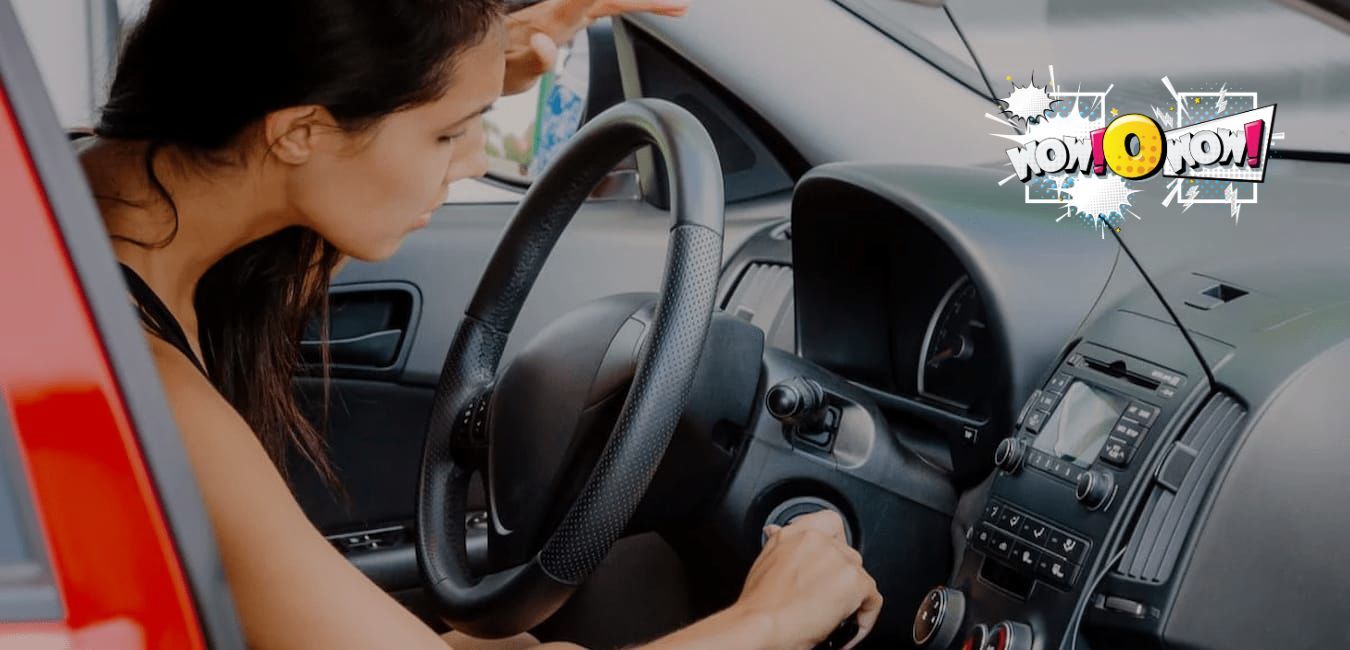Imagine this: you’re running late for work, coffee in one hand, keys in the other, and you hop into your car, ready to hit the road․ You turn the key or push the start button, and instead of that sweet purr of the engine, you hear a dreaded clicking sound․ Your heart sinks․ What does it mean? Is it serious? Don’t panic! This complete guide will take you through the ins and outs of that ominous clicking sound and how to address it․
Understanding the Click: What Does It Mean?
The clicking sound you hear when trying to start your car can be quite alarming․ However, it typically indicates a few common issues rather than a catastrophic failure․ Here are some reasons why your car might be clicking:
- Dead Battery: The most frequent culprit, a dead or weak battery can result in a clicking noise due to insufficient power to crank the engine․
- Faulty Starter Motor: The starter motor, the component responsible for turning over the engine, might be failing or malfunctioning, leading to a clicking noise․
- Corroded Battery Connections: If the battery terminals are corroded or loose, they may not provide a solid connection, resulting in a clicking sound․
- Bad Alternator: If your alternator isn’t charging the battery effectively, it can lead to power issues when starting the car․
- Electrical Issues: Faulty wiring or a blown fuse can also cause clicking sounds when you try to start your vehicle․
Diagnosing the Problem: Step-by-Step Guide
Before you panic, let’s walk through some troubleshooting steps to diagnose the issue․ Follow these steps to identify the problem:
1․ Listen Carefully
When you turn the key or push the start button, pay attention to the sound:
- If you hear a rapid clicking, it’s usually the battery․
- If it’s a single click, it could be the starter motor․
2․ Check the Battery
Start your diagnostics with the battery:
- Inspect the battery terminals for corrosion․ Clean them with a wire brush if necessary․
- Check if the battery is securely connected․
- Test the battery voltage with a multimeter; it should read around 12․6 volts when fully charged․
3․ Jump Start Your Car
If you suspect a dead battery, try jump-starting your car:
- Gather jumper cables and another vehicle with a working battery․
- Connect the red cable to the positive terminal of the dead battery and the other end to the positive terminal of the good battery․
- Connect the black cable to the negative terminal of the good battery and the other end to a metal ground on the vehicle with the dead battery․
- Start the working vehicle and then try starting your car;
4․ Inspect the Starter Motor
If jump-starting doesn’t work, check the starter motor:
- Locate the starter motor (usually near the engine block)․
- Check the connections for looseness or corrosion․
- Tap the starter gently with a hammer; sometimes this can free it if it’s stuck․
5․ Eliminate Electrical Problems
Inspect the wiring:
- Look for any frayed or damaged wires․
- Check the fuses associated with the starting system․
When to Seek Professional Help
If you’ve gone through the above steps and your car still isn’t starting or continues to click, it might be time to call in the professionals․ Here are some signs that indicate you should seek help:
- You’ve replaced the battery, but the car still won’t start․
- There are strange smells, like burning or leaking fluids․
- You notice other electrical components (lights, radio) are malfunctioning․
Preventive Measures: Keeping Your Car Healthy
Once you resolve the clicking issue, it’s wise to adopt some preventative measures to keep your car in top shape:
- Regular Battery Maintenance: Check battery terminals for corrosion and ensure a secure fit․
- Routine Inspection: Regularly inspect and maintain the electrical system, including the starter and alternator․
- Keep It Clean: Wash your engine and car regularly to prevent corrosion and dirt buildup․
- Know Your Car: Familiarize yourself with your vehicle’s starting system and electrical layout․
A car clicking when trying to start can be frustrating and worrisome, but understanding the causes and knowing how to troubleshoot the issue can save you time and money․ Remember to check the battery first, as it’s the most common cause․ If all else fails, don’t hesitate to reach out to a professional․ With proper care, you can keep your vehicle running smoothly, avoiding the dreaded click of despair in the future!
Next time you hear that click, you’ll be ready to tackle it like a pro․ Safe travels!

